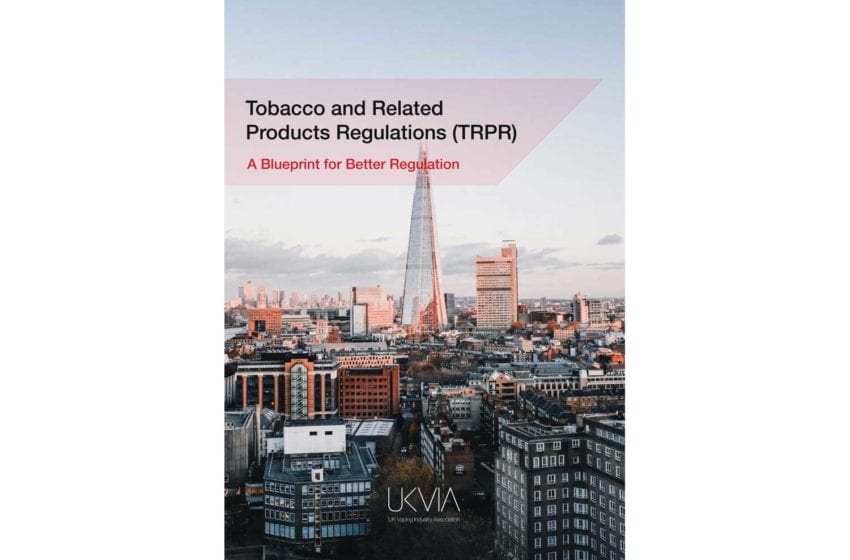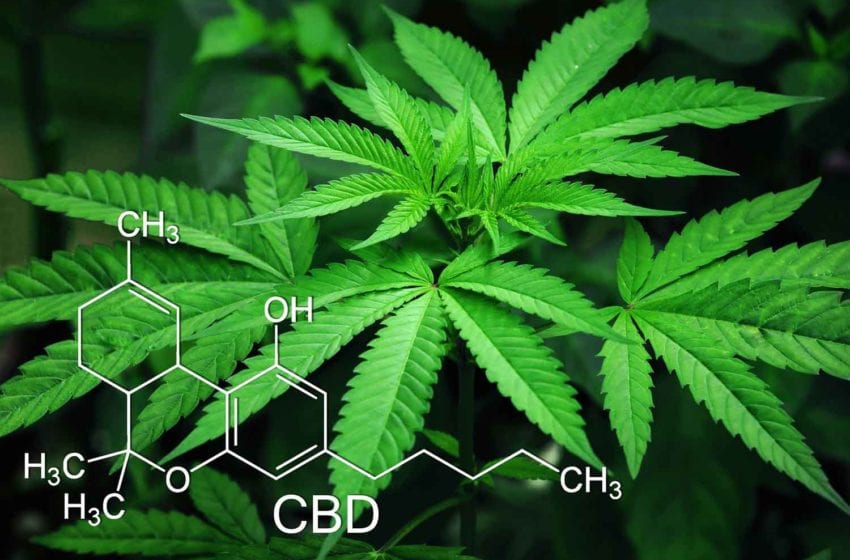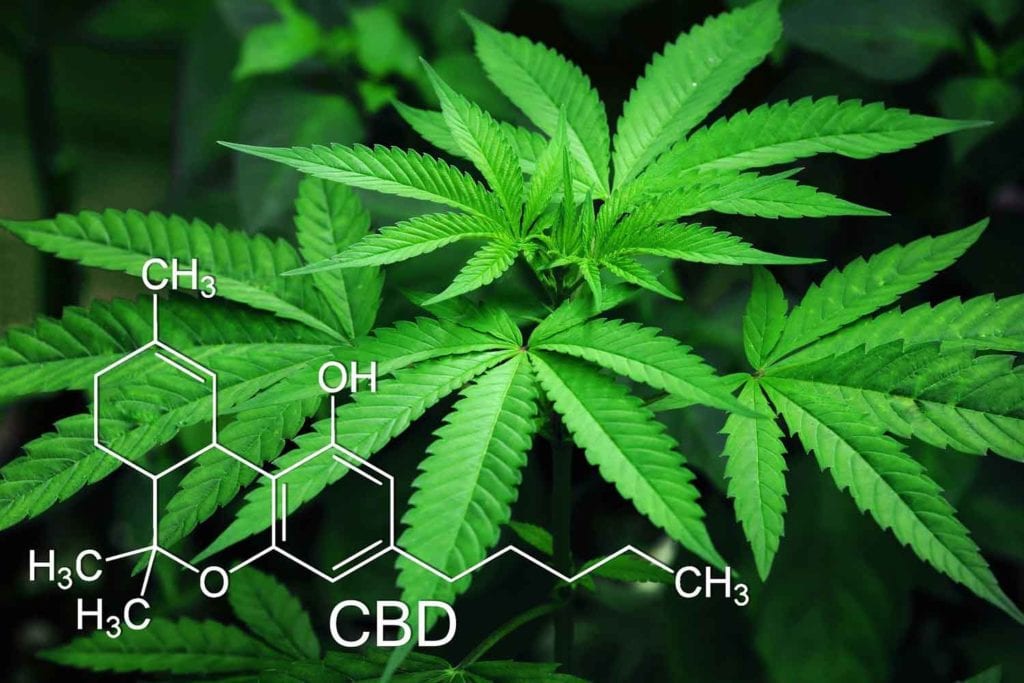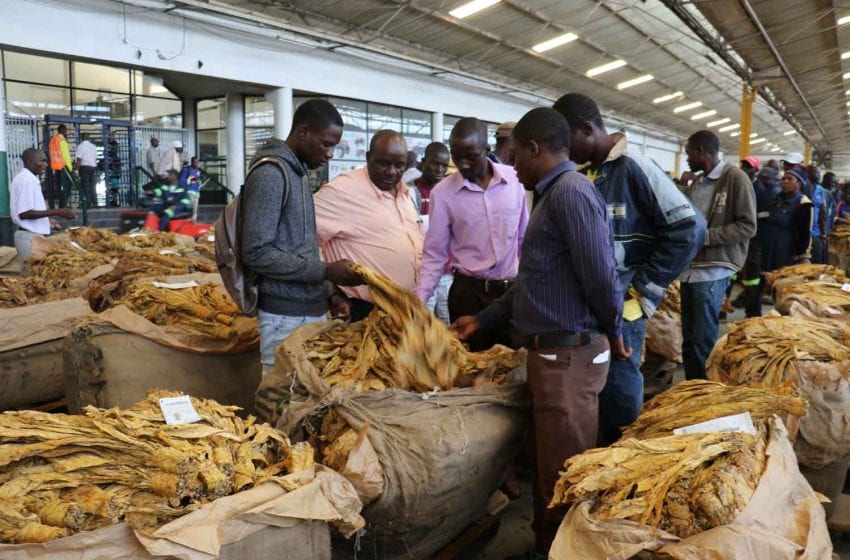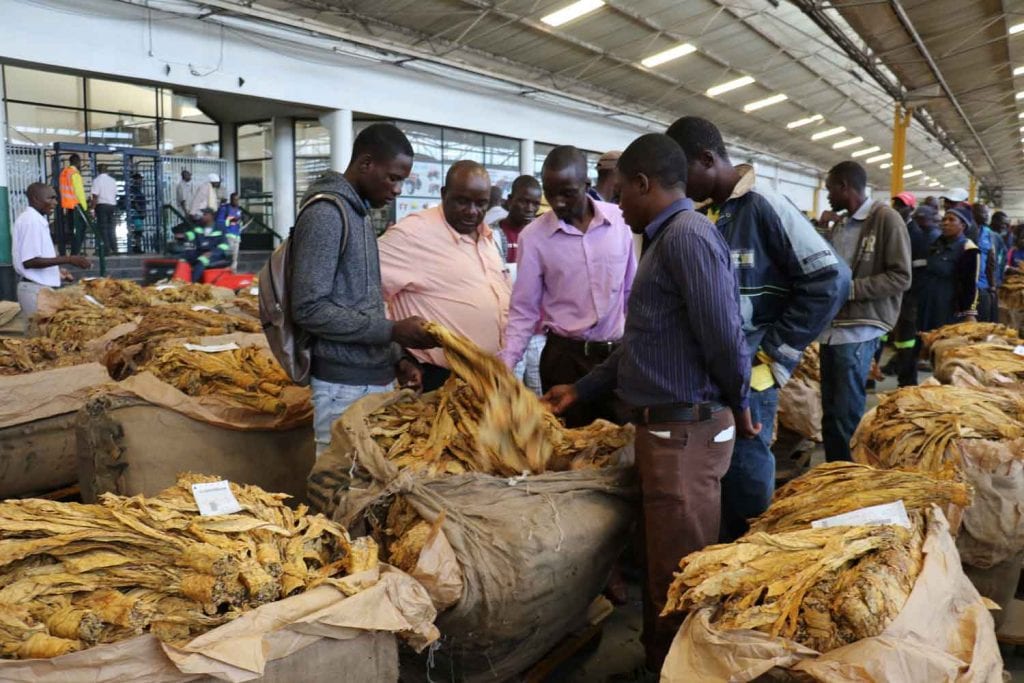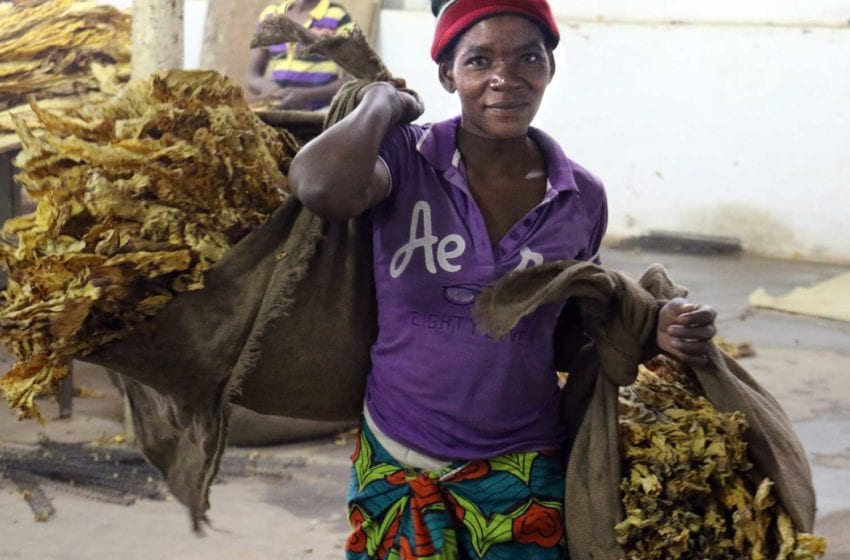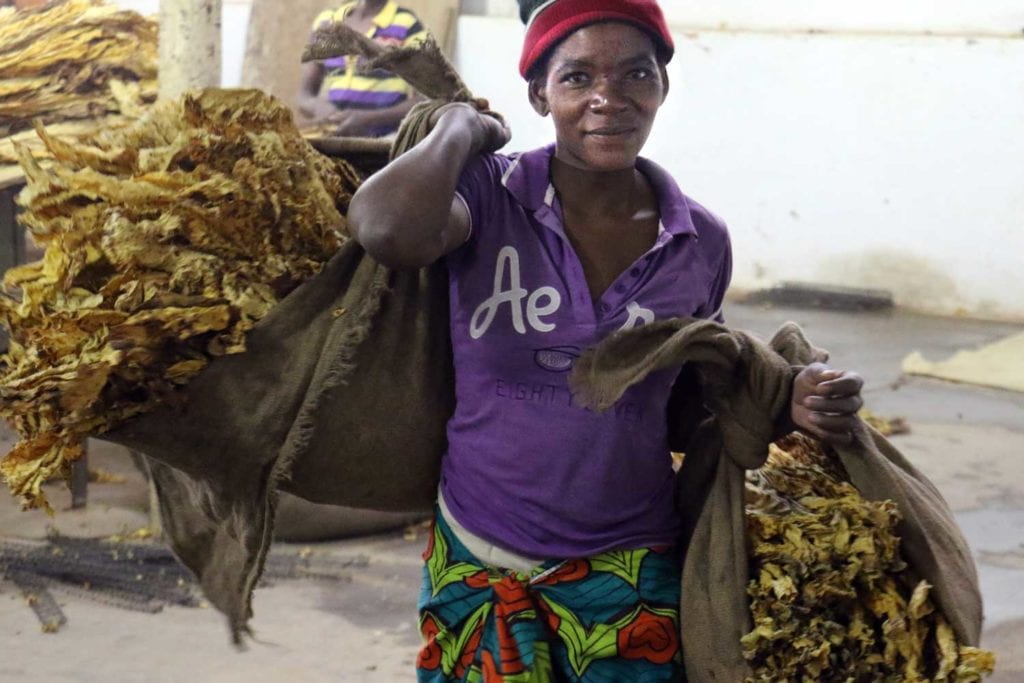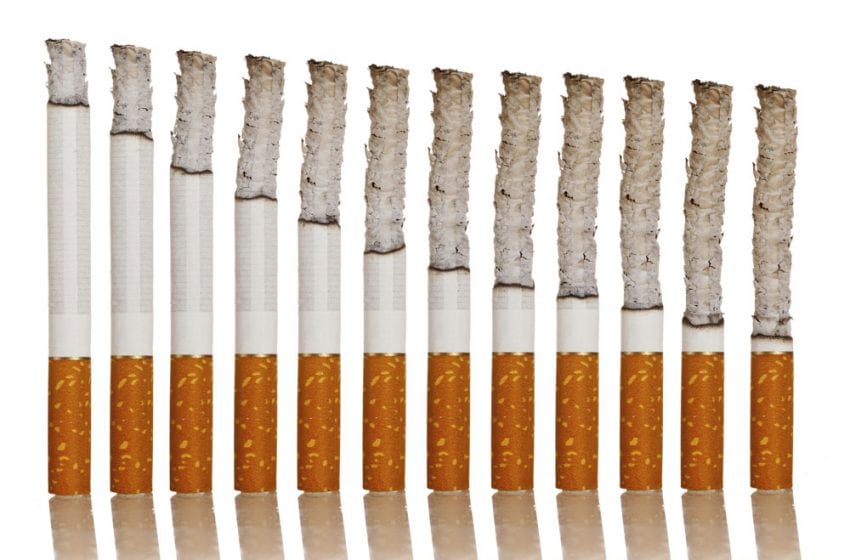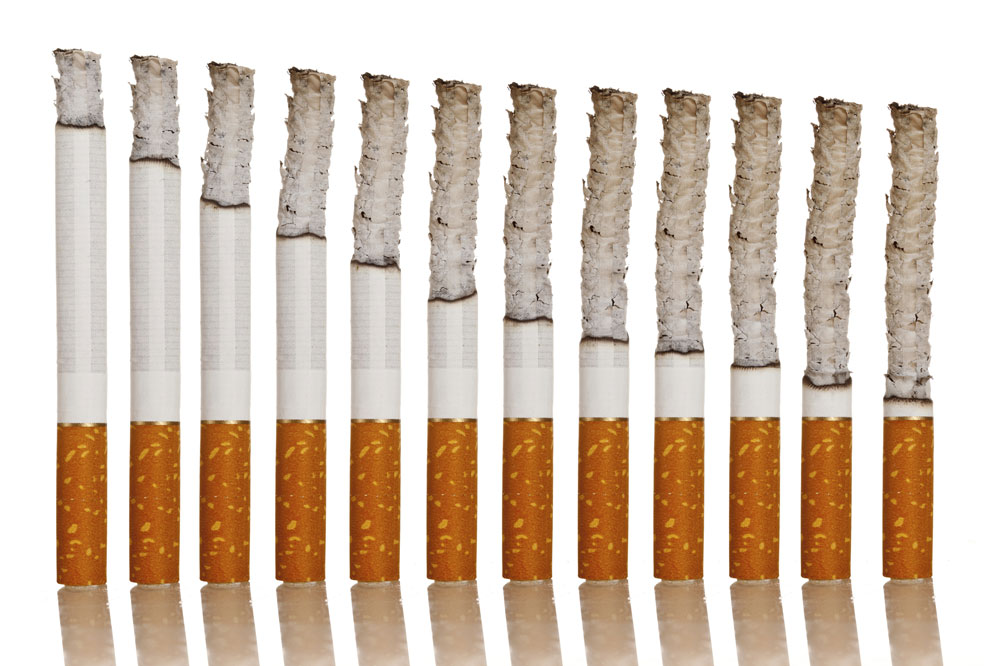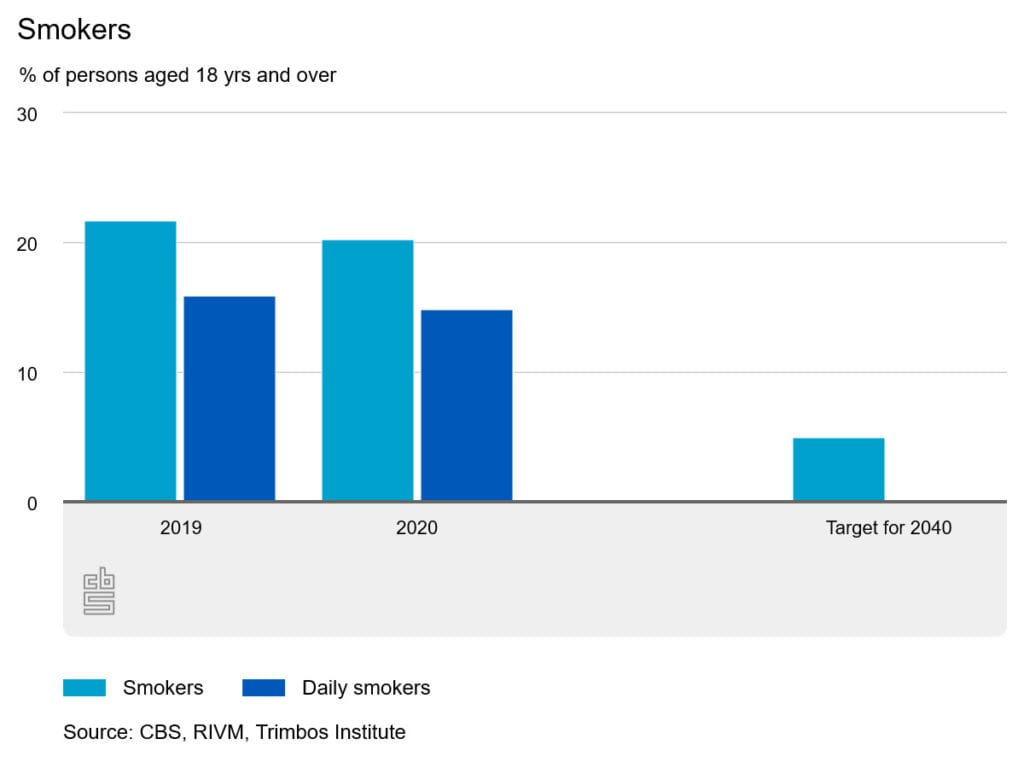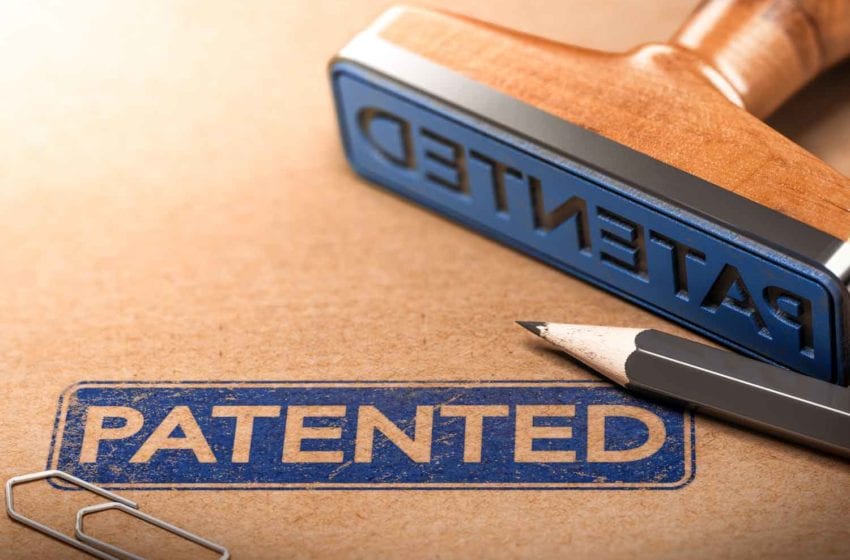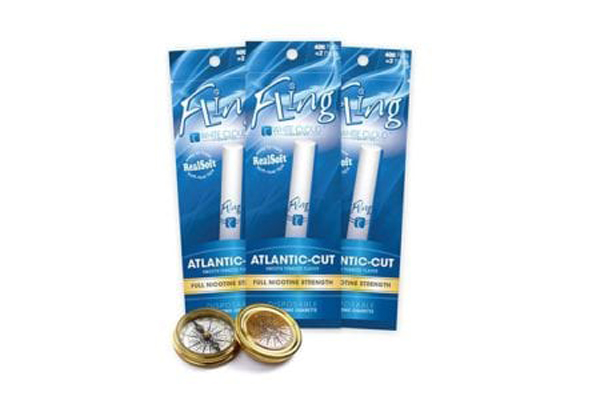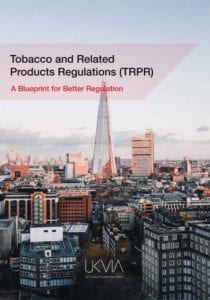 The U.K. Vaping Industry Association (UKVIA) has unveiled a landmark package of recommendations to government aimed at maximizing the public health benefits of vaping and bolstering ambitions for a “Smokefree 2030.” The document, A Blueprint for Better Regulation, urges government to use its post-Brexit independence to become a world leader in harm reduction.
The U.K. Vaping Industry Association (UKVIA) has unveiled a landmark package of recommendations to government aimed at maximizing the public health benefits of vaping and bolstering ambitions for a “Smokefree 2030.” The document, A Blueprint for Better Regulation, urges government to use its post-Brexit independence to become a world leader in harm reduction.
The U.K.’s Tobacco and Related Products Regulations (TRPR) are currently being reviewed, with a crucial consultation due to close on March 19. The resulting decisions made by government are set to shape public health and smoking cessation policy for years to come.
Former Health Minister Norman Lamb, also a former chair of Parliament’s science and technology committee, praised the recommendations.
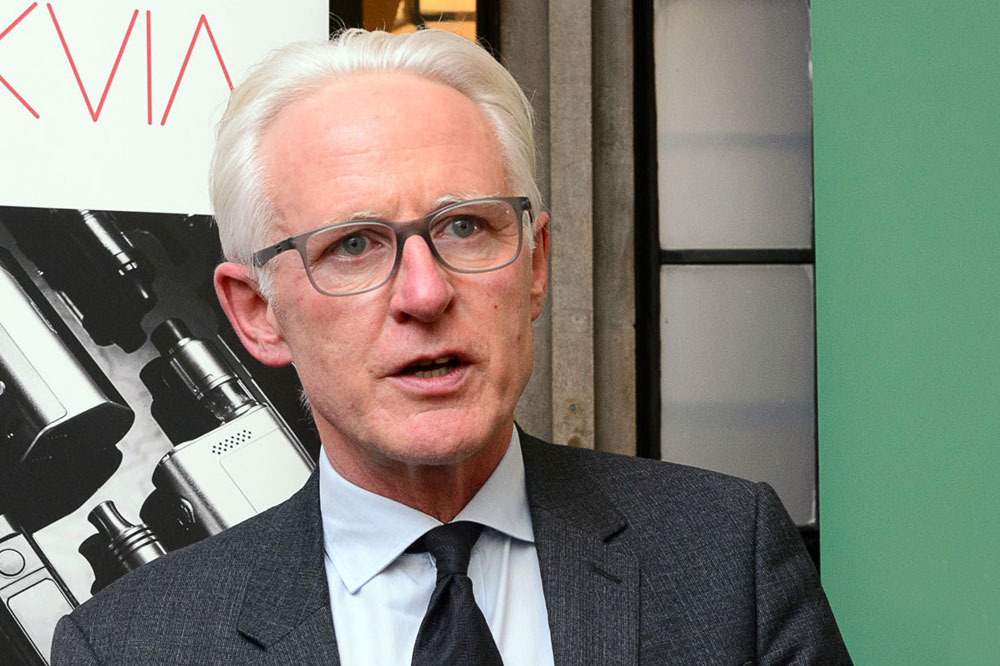
The TRPR review offers a great opportunity to improve public health across the U.K. by tackling misinformation about vaping.
Former Health Minister Norman Lamb
“I welcome the launch of the UKVIA’s blueprint document responding to the government’s consultation—the TRPR review offers a great opportunity to improve public health across the U.K. by tackling misinformation about vaping.
“It also presents an opportunity for the industry to build on the evidence-based approach, which the government has consistently taken on vaping products, and to support smokers who want to switch to a less harmful product.”
“The current public consultation on TRPR and SPoT is an ideal opportunity to highlight how less harmful products have improved public health,” said former Labour MP Kevin Barron, who is also a former chair of Parliament’s health and social care select committee.
“The current lowest recorded smoking rates have been achieved by numerous avenues, including switching from tobacco to less harmful products. The opportunity to bring in legislation to further encourage the move to products that can satisfy an addiction using products 95 percent less harmful than burning tobacco should not be missed.”
The opportunity to bring in legislation to further encourage the move to products that can satisfy an addiction using products 95 percent less harmful than burning tobacco should not be missed.
Former Labour MP Kevin Barron
Developed by the sector’s leading businesses, the recommendations aim to help adult smokers quit while increasing vaping’s economic contribution and even addressing environmental concerns. The UKVIA blueprint, among other things, calls for:
- The use of government-approved, expert health claims on products to encourage smokers to switch
- Greater opportunities to engage with smokers, as current restrictions also deter those who may otherwise make the switch
- The extension of certain regulations to cover additional vaping products, such as non-nicotine e-liquids, thereby supporting a highly responsible industry
- Product size changes that reduce prevalence of single-use plastic

“The recommendations published today are the result of intense collaboration among vaping’s leading experts and entrepreneurs,” said John Dunne, director general of the UKVIA. “This is truly a landmark moment in the history of our industry, which has grown to be a genuine market disrupter and a route out of smoking for people all over the world. With the adoption of these recommendations, the U.K. could take its place as a progressive, global leader on public health.
“The government has claimed that post-Brexit regulatory independence will mean a new, and better, way of doing things. Now is the time for this pledge to become a reality. By embracing this evidence-based approach, we can empower consumers, revitalize businesses and put the ‘Smokefree 2030’ ambition within our grasp.”

